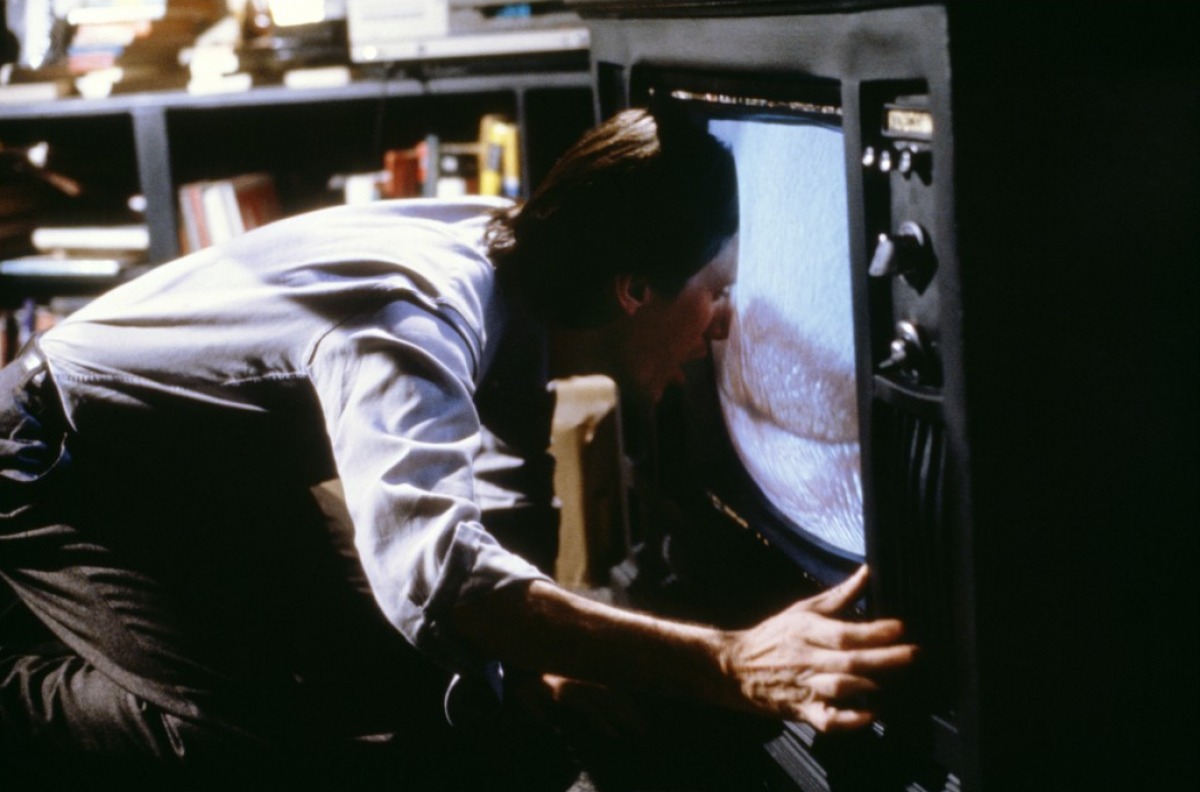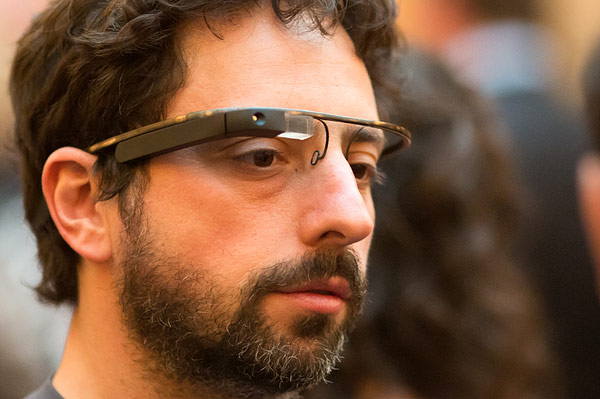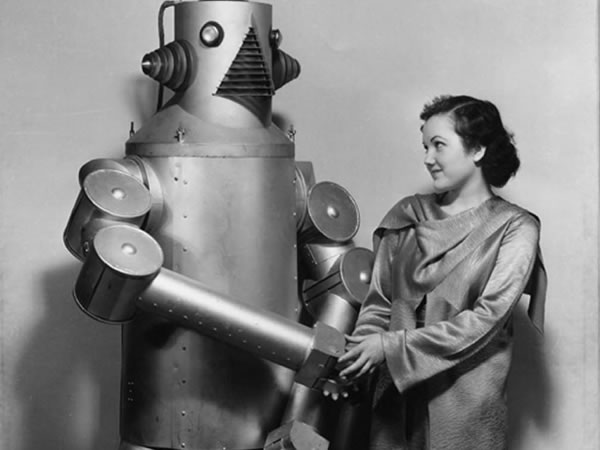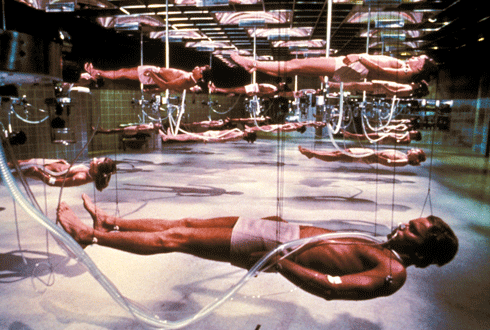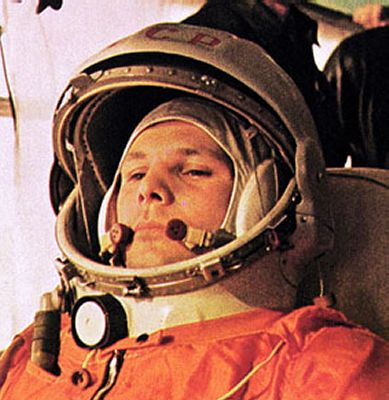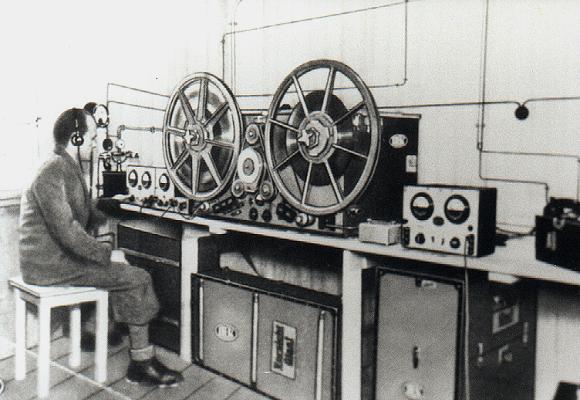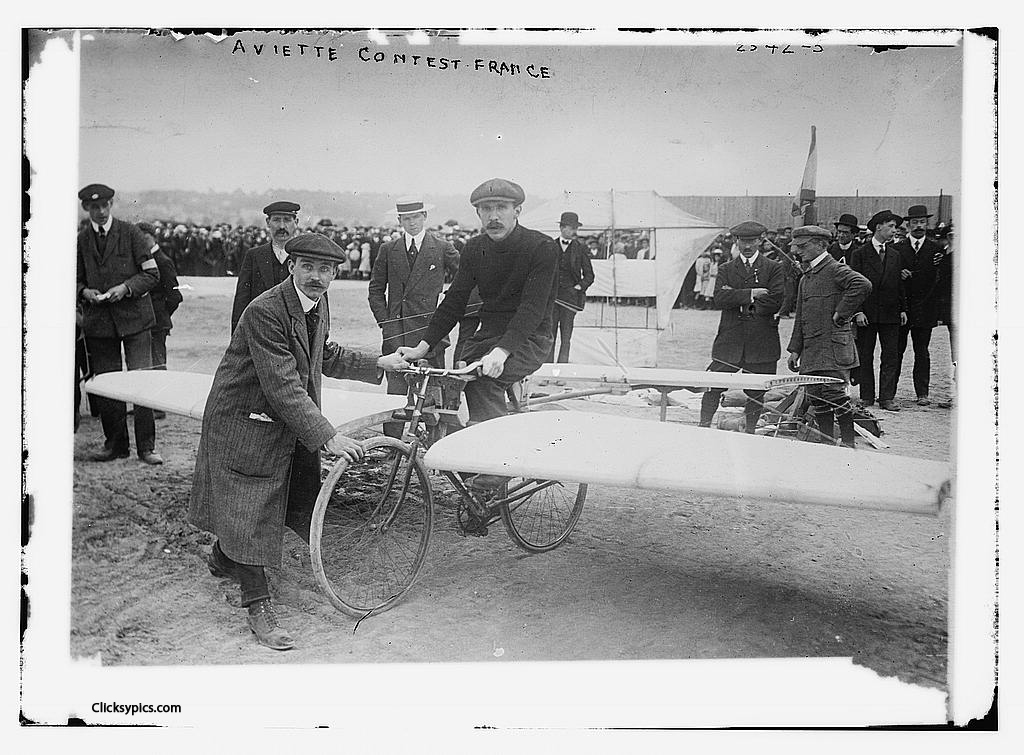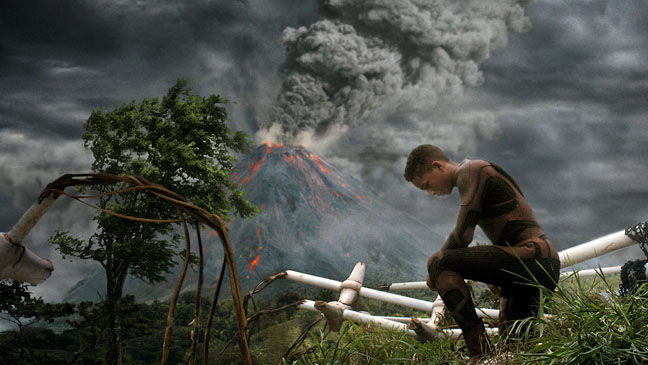Mason Peck, NASA’s chief technologist, did a smart Ask Me Anything at Reddit about a month ago. He’s back doing another one right now, this time focusing on asteroid exploration. A few exchanges follow.
_________________________
Question:
What is the actual chance of an asteroid large enough to do some serious damage actually hitting us anytime soon?
Mason Peck:
Very low. None of the asteroids we have found are expected to impact the earth in the foreseeable future. And we have found most of the largest asteroids. There are still many smaller ones that remain undetected. That’s the current challenge: where are those asteroids, and do they pose a threat?
_________________________
Question:
When is it estimated that NASA will be able to send people to an asteroid?
Mason Peck:
The President’s goal is for NASA to do so by 2025. If we find the right asteroid, we’ll be able to do so as early as 2021. We’ll use mostly hardware we’ve already got and are already working on, including the SLS launch vehicle and the Orion multi-purpose crew vehicle.
_________________________
Question:
I’m an idiot on this subject, and please forgive me. So are you guys going to… blowup asteroids? Like with a missile or something?
Mason Peck:
The asteroid initiative includes plans to send a robotic spacecraft to move a small asteroid into an orbit near the moon. It also includes a Grand Challenge in which we ask for the world to engage with NASA to identify the threats asteroids pose to human populations and then know what to do about them. The Grand Challenge addresses your question. There are many ideas about how to keep an asteroid from hitting the Earth, but the best offense is a good defense: know where they are, and the sooner we know, the easier it will be to deflect them.
_________________________
Question:
What is the point/what can be gained from moving a small asteroid into orbit near the moon?
Mason Peck:
So much! We’ll learn how to send humans beyond Earth orbit, using technologies that will take us to Mars in the following decade. The moon is relatively convenient and safe, compared to trying out these systems for the first time in Mars orbit. So, this is a very cost-effective and yet ambitious way to make a lot of progress towards exploring Mars.
We’re going to send the first, robotic spacecraft under the power of solar-electric propulsion (SEP). So, this mission will be a technology demonstration of a technique that is broadly applicable across NASA’s portfolio and will help the commercial space industry as well. Our plans are to use a 30-50 kW SEP system here, which is traceable to at least 10x that level. This is a bold move, depending on a technology demo. That audacity recalls Apollo and the other work that has made NASA great.
The President’s goal is for NASA to do so by 2025. If we find the right asteroid, we’ll be able to do so as early as 2021. We’ll use mostly hardware we’ve already got and are already working on, including the SLS launch vehicle and the Orion multi-purpose crew vehicle.





